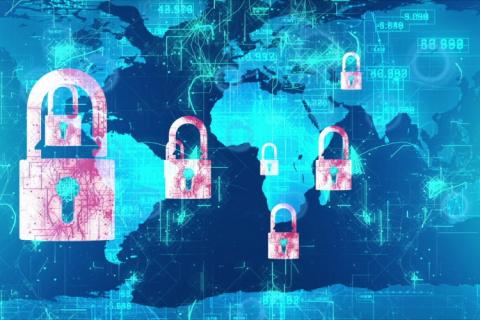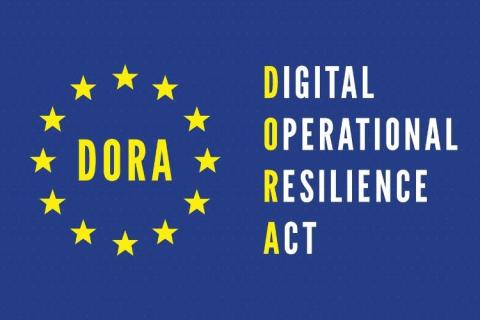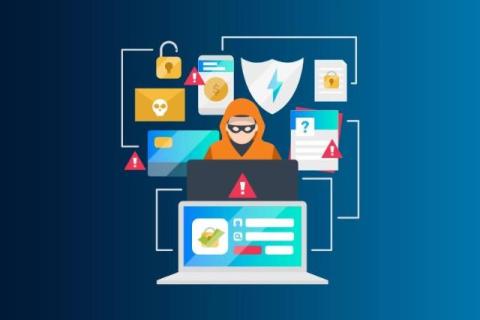Critical Infrastructure Under Siege: 42% Spike in Ransomware Attacks on Utilities
Ransomware attacks targeting utilities have surged by 42% over the past year, with spear phishing playing a major role in 81% of cases, according to a ReliaQuest study spanning November 2023 to October 2024. Analyzing data from its GreyMatter platform and dark web activity, ReliaQuest found that utilities like water and energy systems are disproportionately affected. Their critical role in infrastructure makes them prime targets for cybercriminals.











